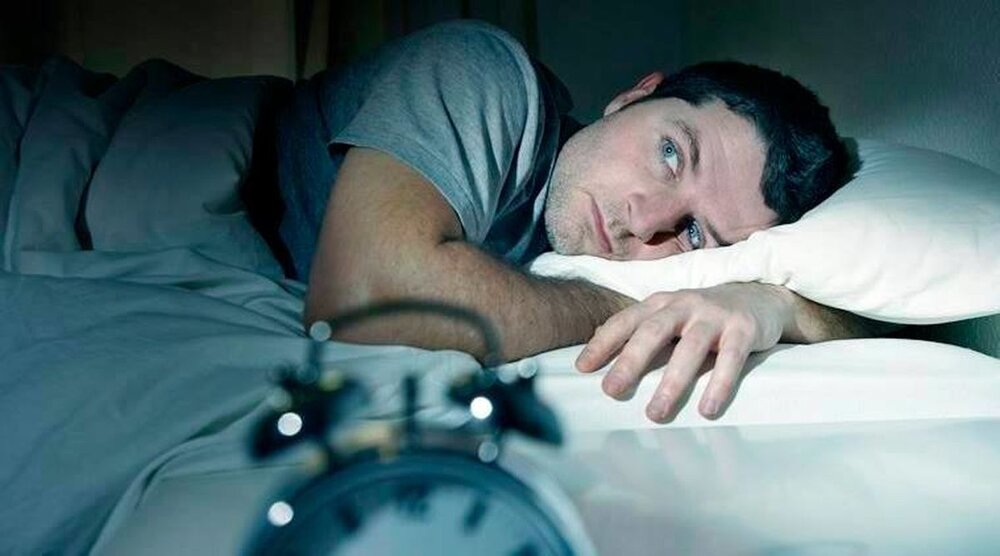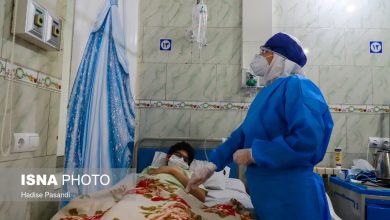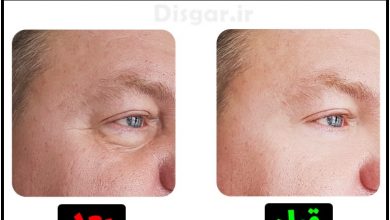
If you’re one of the 30 percent who like to stay up late, you may want to make a change to your sleep schedule. A group of researchers at Rutgers University announced in a new study that night owls are more likely to develop type 2 diabetes compared to people who sleep early.
According to Forbes magazine, about 1.6 million people in the United States have type 1 diabetes. According to doctors, type 1 diabetes is an incurable disease that cannot be prevented. Meanwhile, about 30 million people in the United States are said to have type 2 diabetes. Type 2 diabetes is largely influenced by diet and lifestyle.
In type 2 diabetes, the blood sugar rises and as a result the blood vessels are damaged and the person suffers from heart disease. Scientists believe that type 2 diabetes is caused by the body’s resistance to insulin. This condition occurs when the body does not respond properly to the hormone insulin.
Lack of sleep contributes to the body’s resistance to insulin (one of the causes of type 2 diabetes).
Two common causes of insulin resistance are poor diet (including those high in sugar or calories) and lack of physical activity. Stephen MalinRecently, a lack of sleep has been suggested as another behavioral factor that contributes to the body’s resistance to insulin, says one of the article’s authors and an assistant professor in the Department of Kinesiology and Health at Rutgers University.
Stephen Malin says sleep is important to lowering your risk of type 2 diabetes, but getting enough quality sleep is just as important. Studies by Malin and colleagues show that people who enjoy nightlife are more likely to develop obesity, type 2 diabetes and cardiovascular disease than people who sleep early.
One of the researchers’ explanations for the link between nightlife and an increased risk of type 2 diabetes is that people’s nightlife patterns are more likely to disrupt their circadian rhythms. For example, despite people’s interest in nightlife, many working adults have to get up early in the morning to take their children to school or go to work themselves. According to Malin, this does not provide enough or good night owls sleep. Not getting enough sleep or quality sleep “alters people’s physiology and increases their risk of disease.”
Nocturnal people are less able to use fat as an energy source
Stephen Malin and colleagues monitored the participants’ metabolism and activity levels each day (during the day and during sleep) over seven days and found that nocturnal individuals were less able to use fat as an energy source. That is, fat accumulates in the bodies of these people, and as a result of increased body fat, the risk of developing type 2 diabetes and cardiovascular disease increases. On the other hand, people who get up early in the morning rely more on fat as an energy source and are generally more willing to do aerobic exercise.
Malin says that a proper diet, physical activity, and improved sleep patterns are thought to prevent insulin resistance and type 2 diabetes. They say the best thing night owls can do to improve their health is to go to bed early.
Malin says that people who sleep at night may be able to offset some of the negative effects of nighttime activity if they get enough physical activity during the day: “Movement during the day is a great way to promote health. It shouldn’t be too intense. Anyone can exercise for two minutes every hour. During the day or take a brisk walk for 10 to 15 minutes after each meal.
227227









